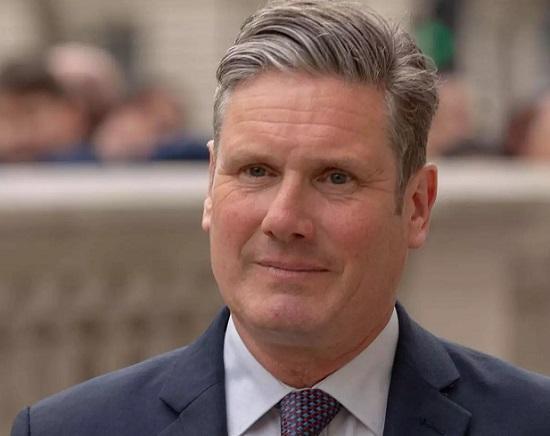Labour Party Manifesto - An Initial Response By The Institute For Fiscal Studies
14th June 2024

Paul Johnson, IFS Director, said, "This was not a manifesto for those looking for big numbers. The public service spending increases promised in the "costings" table are tiny, going on trivial. The tax rises, beyond the inevitable reduced tax avoidance, even more trivial. The biggest commitment, to the much vaunted "green prosperity plan", comes in at no more than £5 billion a year, funded in part by borrowing and in part by “a windfall tax on the oil and gas giants”.
Beyond that, almost nothing in the way of definite promises on spending despite Labour diagnosing deep-seated problems across child poverty, homelessness, higher education funding, adult social care, local government finances, pensions and much more besides. Definite promises though not to do things. Not to have debt rising at the end of the forecast. Not to increase tax on working people. Not to increase rates of income tax, National Insurance, VAT or corporation tax.
One public service where there are big promises is on the NHS. Labour has recommitted to the workforce plan, to getting rid of all waiting times more than 18 weeks, and to more hospitals. Big promises, but that will require big spending too.
All that will leave Labour with a problem. On current forecasts, and especially with an extra £17.5 billion borrowing over five years to fund the green prosperity plan, this leaves literally no room - within the fiscal rule that Labour has signed up to - for any more spending than planned by the current government. And those plans do involve cuts both to investment spending and to spending on unprotected public services. Yet Sir Keir Starmer effectively ruled out such cuts. How they will square the circle in government we do not know.
Yes, growth could surprise on the upside – and if it does, then the fiscal arithmetic would be easier. But if it doesn't – and it hasn't tended to in recent years – then either we will get those cuts, or the fiscal targets will be fudged, or taxes will rise. The top-ups of £5 billion or so to day-to-day spending in the manifesto mostly pay for additional promises for the NHS and schools, rather than significantly reducing the scale of implied cuts to spending on unprotected public services. Like the Conservatives and the Liberal Democrats, Labour continues in a conspiracy of silence on the difficulties they would face. These challenges are already perfectly clear. The books are open. A post-election routine of shock-and-horror at the state of the public finances will not cut it.
The focus on economic growth and stability is, in this context, welcome. Planning reform, an effective industrial strategy, promises of regulatory reform, some education reform – all are needed. Details remain thin, but the focus looks broadly right. Better policy can lead to better growth, and there is plenty of room for better policy. But the growth would take time to arrive, and its scale is uncertain. The difficult choices for the coming Parliament will still be there.
This is a manifesto that promises a dizzying number of reviews and strategies to tackle some of the challenges facing the country. That is better than a shopping list of half-baked policy announcements. But delivering genuine change will almost certainly also require putting actual resources on the table. And Labour’s manifesto offers no indication that there is a plan for where the money would come from to finance this.”
